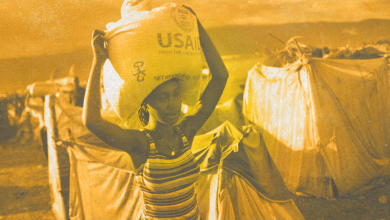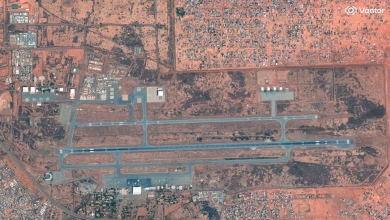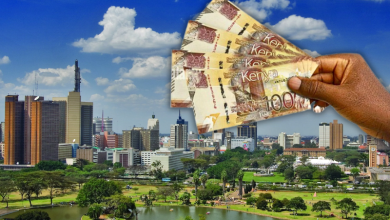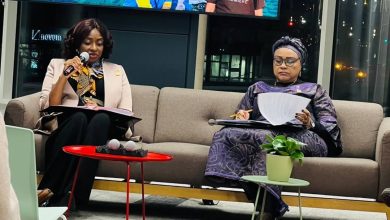MOSIP eyes SADC for enhanced data, identity security
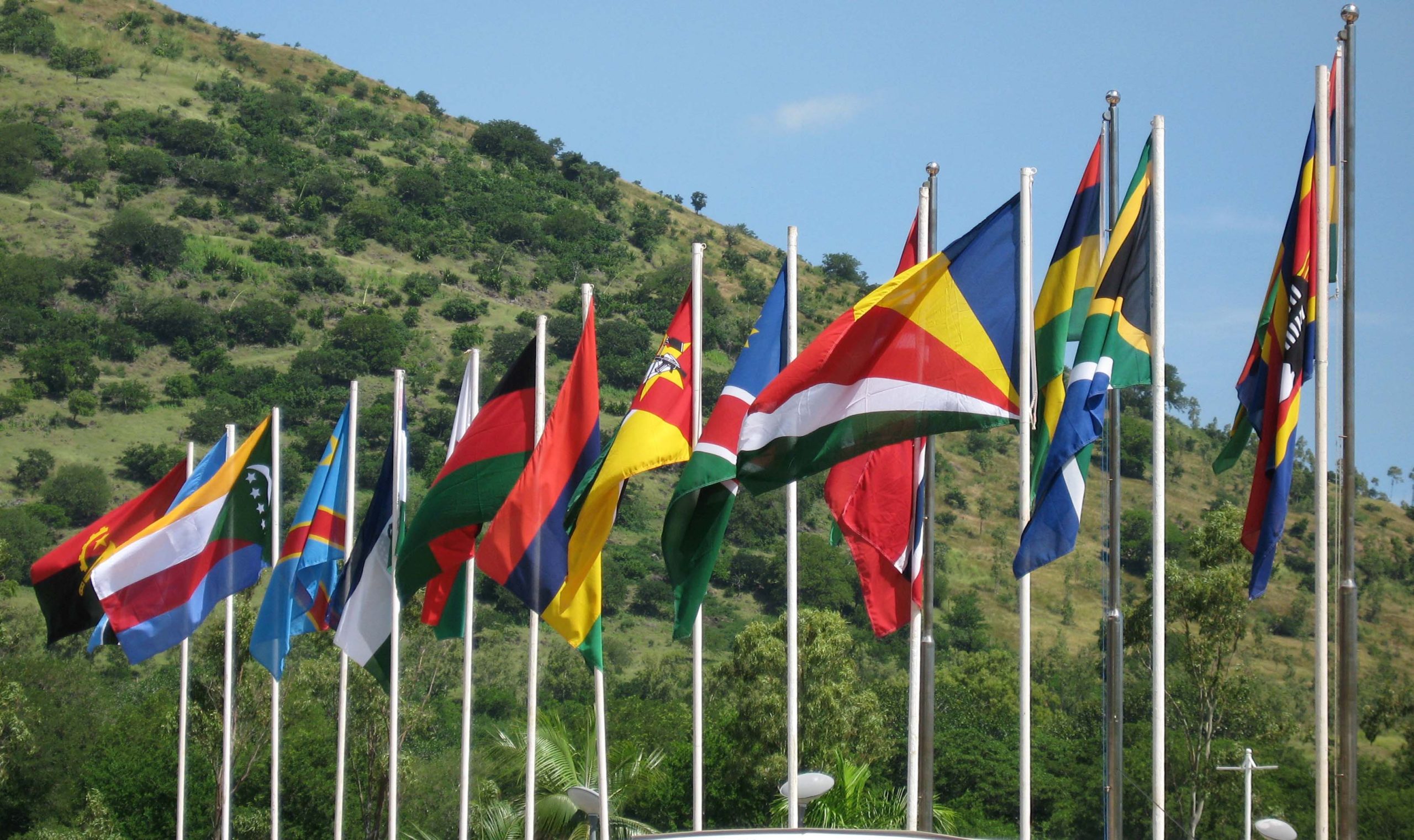
INDIA: THE Modular Open Source Identity Platform (MOSIP) has expressed interest in collaborating with countries in the Southern African Development Community (SADC) to broaden its reach and enhance national identity systems across the region.
MOSIP underscores the critical importance of data and identity security, while providing a flexible, costeffective solution for creating robust digital identity systems tailored to the unique needs of individual nations.
The platform’s modular design allows countries to easily configure and customise their foundational digital identity systems, enabling a high degree of flexibility without being tied to proprietary technologies.
As an open-source initiative, MOSIP empowers governments to develop and maintain their own national identity systems, reducing reliance on external vendors and proprietary solutions.
ALSO READ: Tanzania pledges stronger cooperation with EU for sustained growth
During a recent familiarisation visit for journalists from East and Southern Africa, organised by India’s Ministry of External Affairs (MEA), MOSIP’s Chief Strategy Officer Arun Gurumurthy highlighted the platform’s potential to strengthen digital identity frameworks in SADC countries.
He emphasised that MOSIP is committed to collaborating with governments that are interested in leveraging the platform’s capabilities.
“We are eager to engage with SADC countries, but we don’t approach this as a marketing exercise,” said Mr Gurumurthy.
He added: “We are open to working with any government that shares our vision for secure and scalable identity systems.” Mr Gurumurthy also noted that MOSIP has already hosted a delegation from South Africa for a learning exchange and is in ongoing discussions with Zambia.
Earlier this year, a Tanzanian delegation also visited MOSIP to explore the platform’s features and benefits. One of the platform’s central tenets is the secure exchange of data between government systems, which, according to Gurumurthy, must be done with careful attention to user consent.
“Consent must remain central to any data-sharing process,” he said. “The concept of data exchange is rapidly evolving, and walletbased data sharing is becoming a frontier technology.”
Drawing from international examples, Gurumurthy pointed to the European Union’s Digital Identity Wallet, which allows users to control the data they share, with whom, and for how long.
He believes this approach is crucial for any government considering a universal data exchange system that upholds privacy and consent.
MOSIP primarily engages with African governments through non-binding Memorandums of Understanding (MoUs), typically signed with departments responsible for identity management.
These MoUs focus on making MOSIP’s technology accessible, providing capacity-building and training and offering up to five years of support during implementation.
“Our goal is to ensure the technology is properly adopted and integrated into each country’s systems,” Gurumurthy explained. “We don’t offer services directly; instead, we foster partnerships to help governments build and implement the technology.”


